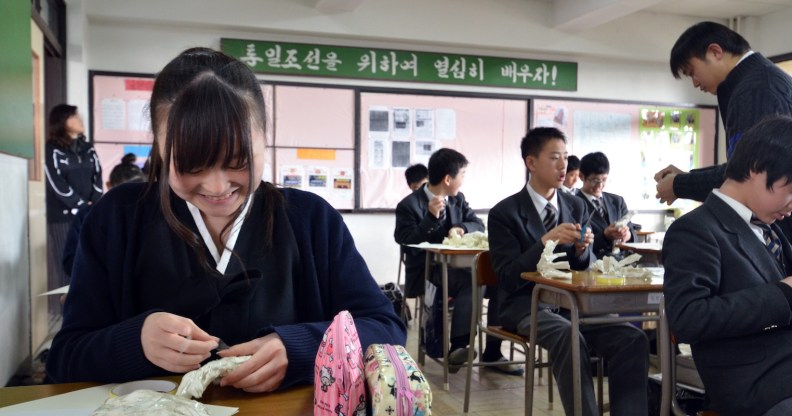Charity pushes for better LGBT awareness in Japanese schools

Schools in Japan tend to prioritise “harmony” over the happiness of students and teachers, the Human Rights Watch finds.
The group’s director in Japan, Kanae Doi, says that right now schools in Japan tend to ignore the issue of sexuality to avoid raising a controversial subject.
Doi has communicated this to schools and lawmakers in the hopes of convincing them to enact policies that deal openly with issues around sexuality and gender.
“It is necessary to enable teachers, through comprehensive training, to adequately respond to consultations by LGBT students and make it obligatory to cover LGBT issues in classrooms,” she told Japan Today.
A report released earlier this year compiled interview from over 100 teachers, students and those in the education industry to ask how open conversations about these issues are in the schools.
They found through personal testimonies from children that they feel they are suppressed in favour of maintaining “school harmony.”
Testimonies from the report describe teachers, as well as students, bullying young LGBT people. For instance, a transgender student was told he would “grow out” of his desire to be a man, causing him to lose respect for his teachers.
Teachers also report feeling left out by the the country’s spare education policies on gender and sexuality.
They tend not to come out for fear of losing their job. This means “LGBT students have no adult role models whom they know to be LGBT, increasing their sense of isolation,” Doi says. Only 8% of respondents say these issues were discussed at all during teacher training, compared with the 60% who reported they would like to see such training done.
The government has not released any statement on the report.
LGBT rights and acceptance have come a long way in a relatively short time, and Japan remains far ahead of most countries in the region, Japanese LGBT people still report feeling ostracised from mainstream society.
While discussing whether LGBT people should be eligible for government support, 27-year-old Yumi Kobayashi, who sits on the Suginami Municipal Assembly, said homosexuality was a “personal taste”.
In an assembly session in February this year, she said people who claim to be lesbian, gay or bisexual are “fundamentally different” from transgender people, “who are clearly disabled and should be legally protected.”
Surveys show juxtaposing attitudes towards LGBT people in Japan. A recent poll from the National Institute of Population and Social Security Research show fifty-one percent of people polled back marriage equality.
However, the same survey found 72 percent of respondents said they’d feel “reluctant to accept the fact their child is gay.”

